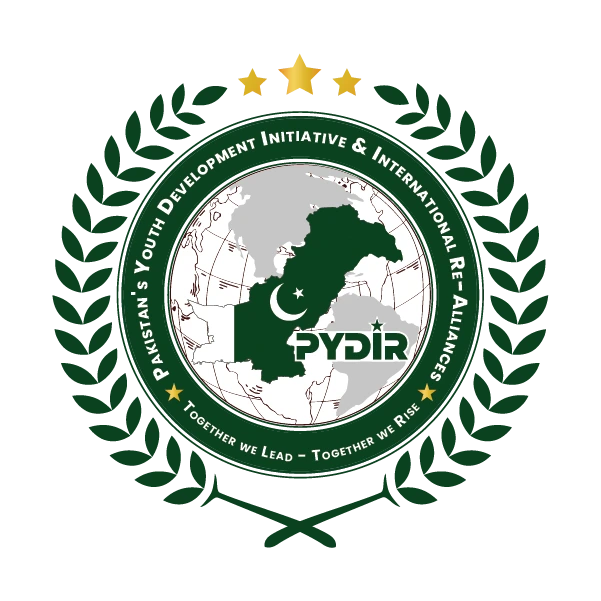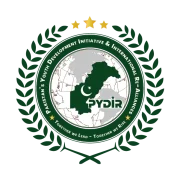The formation and implementation of public policy are crucial phases in deciding the future of a country. The main goal of public policy is to prevent the arising issues in society and to bridge the gap between the settled goals, the outcomes from the targets, and the impact of the desired outcomes. If we talk about third-world countries (developing countries), they find the implementation process more difficult than the developed ones due to the interruption between implementation through a lack of leadership and the interested parties or groups, or even due to political and organizational conditions.
When the policies made by the government are put into action, it is called implementation of policy, but these implementations cause the modification of the existing transaction patterns or even the establishment of new ones, which causes tension between the policy makers and the people affected by the implementation. To understand how these policies create tension in society, we must look at the factors that contribute to the tension in the way of implementing the idealized policy. Idealized policy refers to the established targets that the policy makers want to achieve through their actions and interactions, but strategic planning for forming idealized policy in most of the developing countries is a difficult task because the policy makers failed to decide the directions through the policy. For instance, the policymakers of Lesotho during the policy formation of e-government himself said, “There is no clear vision as to where the country wants to go and the relation to the application of information and communication technology in government”. Hence, there is a strong need for countries to have a clear vision of their goals, the future outcomes of their policies, and the chances of failure in achieving them.
The negligence of governments in deciding the political direction also causes the countries decision-making strength to be very weak, and it is not new for developing countries to be dependent on their donors or fundraiser countries for the direction they provide due to a lack of resources. The third-world countries suffered to fulfill their goals and policies due to these scarce budgets, and the fundraiser countries also became the owners of their places. For instance, China helped Sri Lanka build the infrastructure and Hambantota Port, but Sri Lanka was not able to pay the debt and loan associated with these projects. Hambantota port came under the control of China on a 99-year lease in 2017.
The policy and regularity laws are also an indispensable factor in policy implementation and one reason for the difficulty in policy implementation. Third-world countries often lack a solid framework for their policies to guide the procedures involved in their implementation. And in the absence of these regulatory losses, the government choices serve just as a proclamation, and it is not very rare in developing countries that issues and regulations are not penned down and the government promises decisions and activities that are not in accordance with these statues. (not understandable). Due to the absence of this policy or regulatory loss, the sayings and decisions of governments and policymakers remain hopeful ideas and not a written document that causes the address and accomplishment of the operations.
Leadership is another important factor in policy implementation, as strong leadership is required to come and support actions and monetary projects and the policy implementation process, but we see in development countries that the leadership leaves supporting new public policies and their implementation mainly due to their own interest or due to the fear of losing boards by supporting a risky initiative upon the failure of policy.
The issues faced by developing countries in public policy implementation do not stop here; rather, they are complex and different because they are not fully developed and face many economic and political issues. The process of public policy implementation faces hurdles like unclear vision, dependence on external donors, a lack of regulatory frameworks, and weak leadership. These obstacles hinder effective progress, and addressing these concerns is critical to create a good change and retaining the desired result in third-world countries.
The writer is a student of “international relations” at “International Islamic University” and a member of PYDIR.



